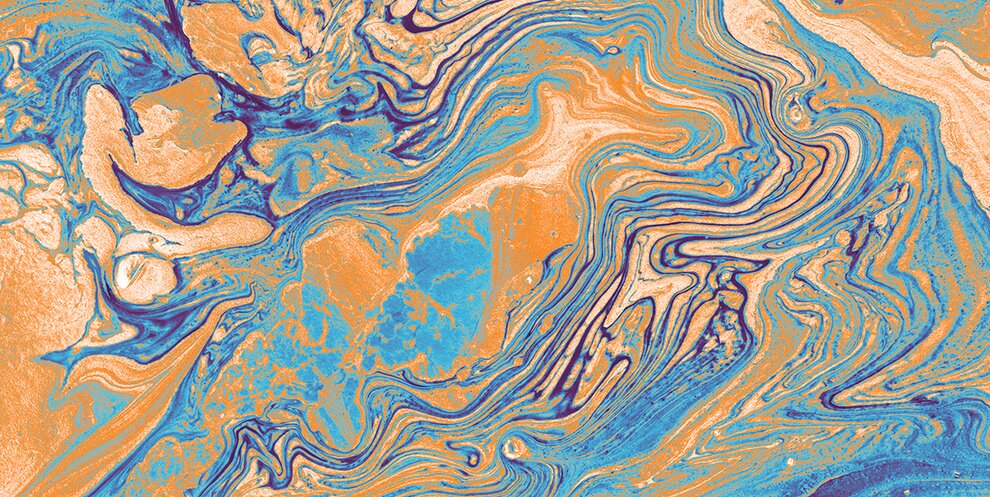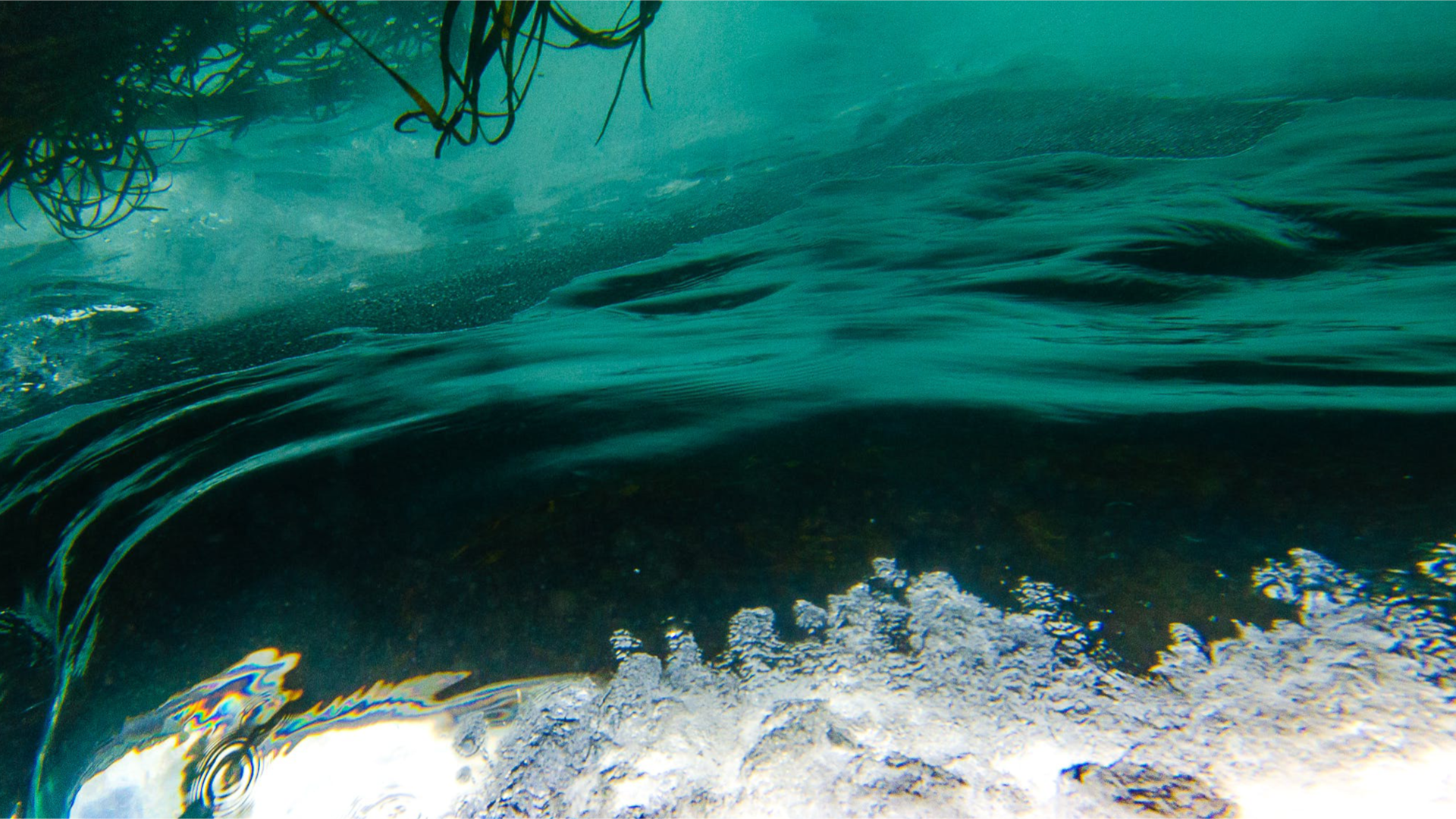Looking Back on the Inaugural Session of the Ocean Conference Series
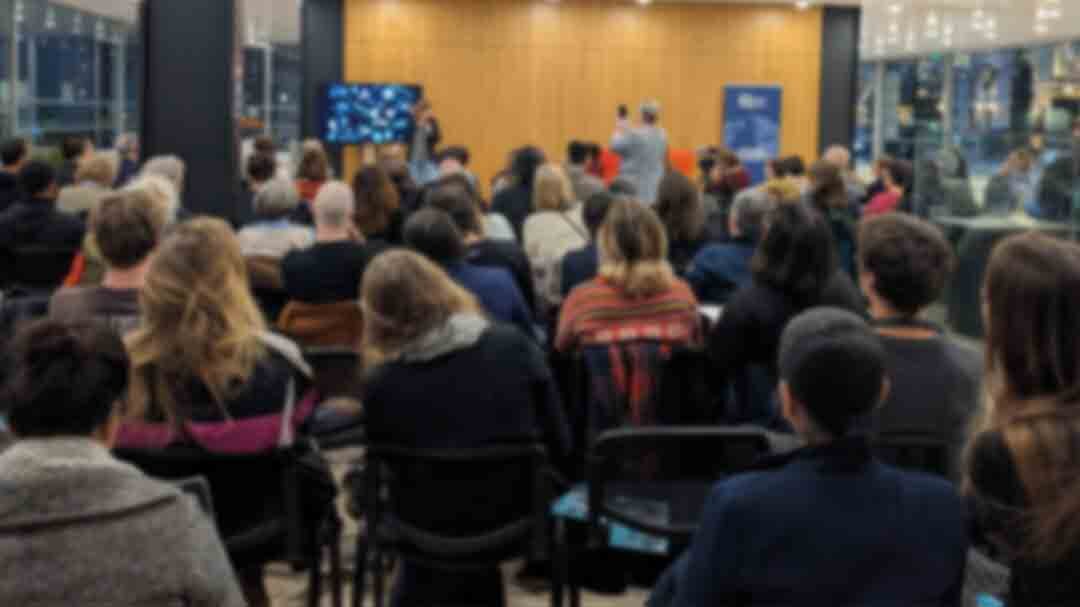
With the climate crisis looming and the Third United Nations Ocean Conference set to take place in Nice in 2025, this discussion highlighted the crucial role of the humanities and social sciences in rethinking ocean conservation, governance, and sustainable management.
Diving into the History of the Oceans
Romain Grancher opened the discussion by illustrating how many of today's ocean-related challenges—from resource overexploitation to marine pollution—are deeply rooted in history. He noted that as early as the 16th century, concerns about ocean depletion were already being debated. From disputes over maritime freedoms to the industrialisation of fishing, history provides key insights into how maritime spaces have transformed and the tensions that persist today.
He also explored how our perception of the oceans has evolved. Once seen as limitless and inexhaustible, they are now recognised as fragile ecosystems in urgent need of protection.
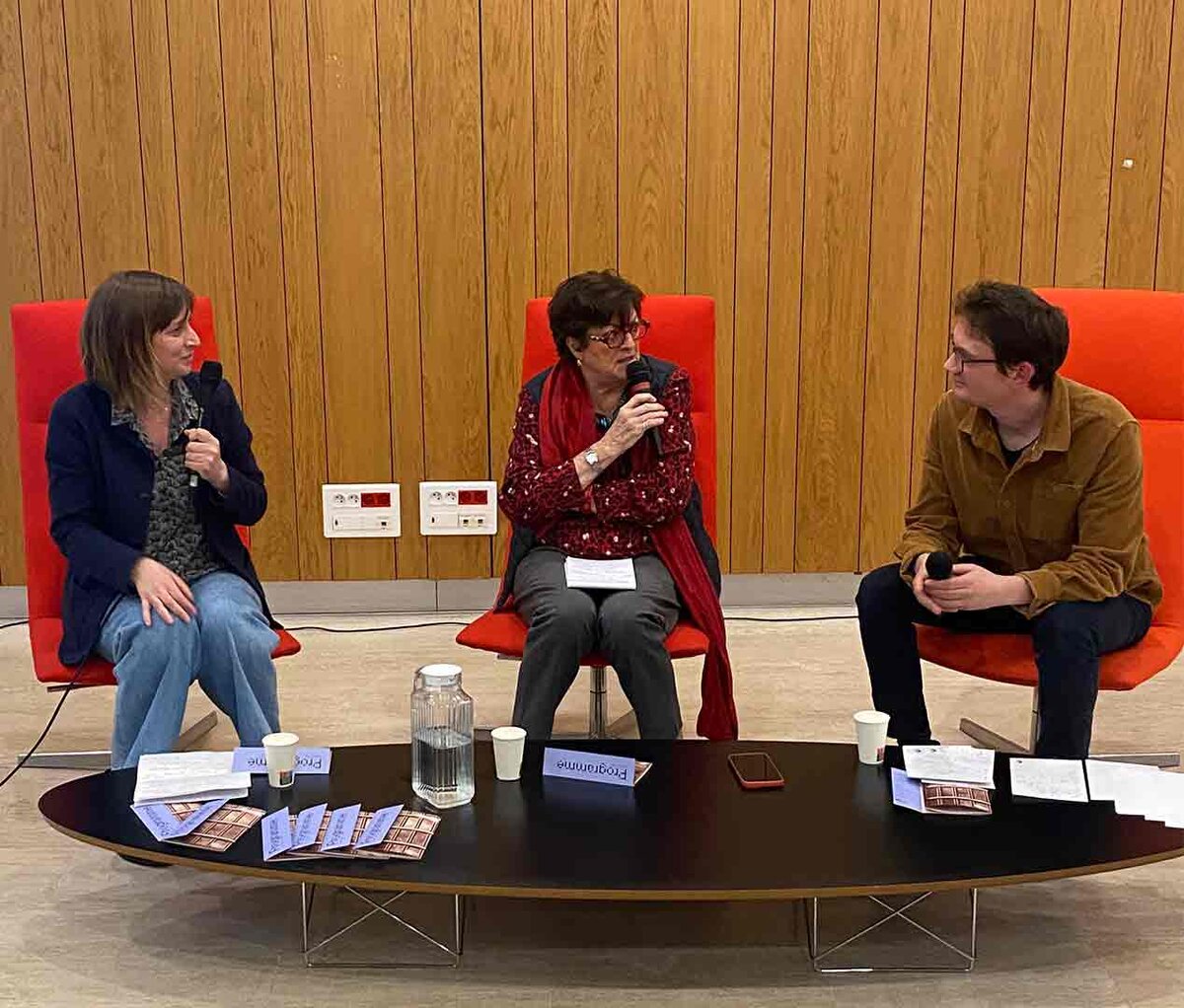
Romy Hentinger (directrice du plaidoyer et de la coopération internationale à la Fondation Tara Océan), Dominique Leglu (journaliste scientifique pour "Sciences et Avenir") et Romain Grancher (historien spécialiste des sociétés littorales - CNRS)
An Interconnected Ocean: Science and Advocacy
Romy Hentinger emphasised the need to view the ocean as a single, interconnected system, deeply linked to terrestrial ecosystems. Far from being an isolated expanse, it is directly affected by human activities: plastic and chemical pollution, global warming, ocean acidification... All of these pose serious threats not just to marine biodiversity, but also to the coastal communities that rely on the ocean for their livelihoods.
She presented the work of the Tara Ocean Foundation, which uses scientific research to document the state of the oceans and inform policymakers. Through large-scale expeditions, Tara investigates critical issues such as the marine microbiome, an invisible but essential component of ocean life. A key focus of the discussion was the role of environmental advocacy:
• How can we translate scientific knowledge into concrete political action?
• How can we drive global governance reforms to better protect the seas?
Towards an Interdisciplinary and Collective Approach
The discussion highlighted the importance of interdisciplinary collaboration, bringing together natural sciences, humanities, and civil society. Fields such as history, anthropology, economics, and maritime law all offer valuable perspectives for addressing contemporary challenges and imagining fairer, more sustainable governance models.
Audience questions enriched the exchange, particularly on topics such as sustainable fishing models, the impact of environmental policies, and cultural perceptions of the ocean.
This inaugural session laid the groundwork for a crucial dialogue on the future of our oceans, bringing together historical, scientific, and policy perspectives.
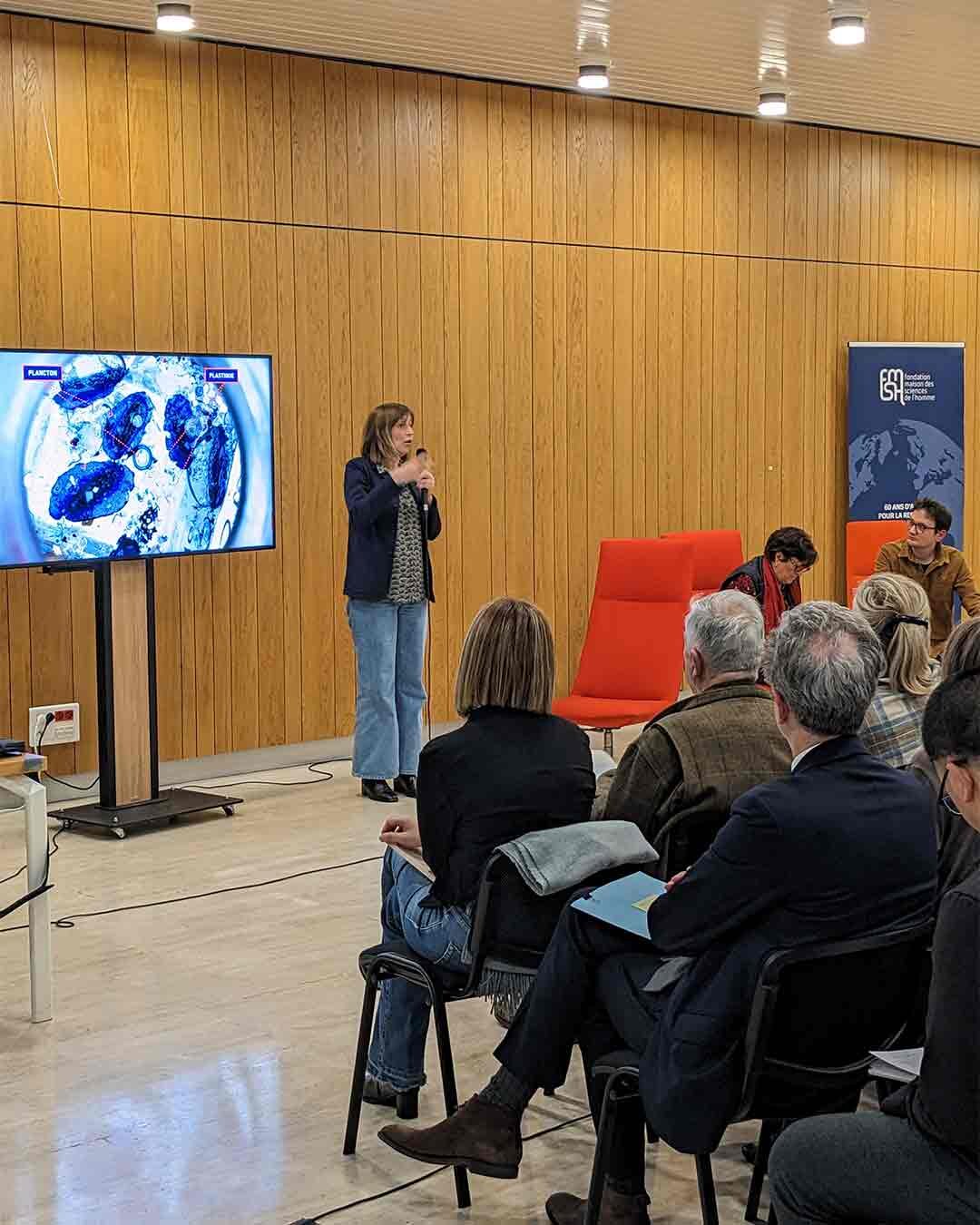
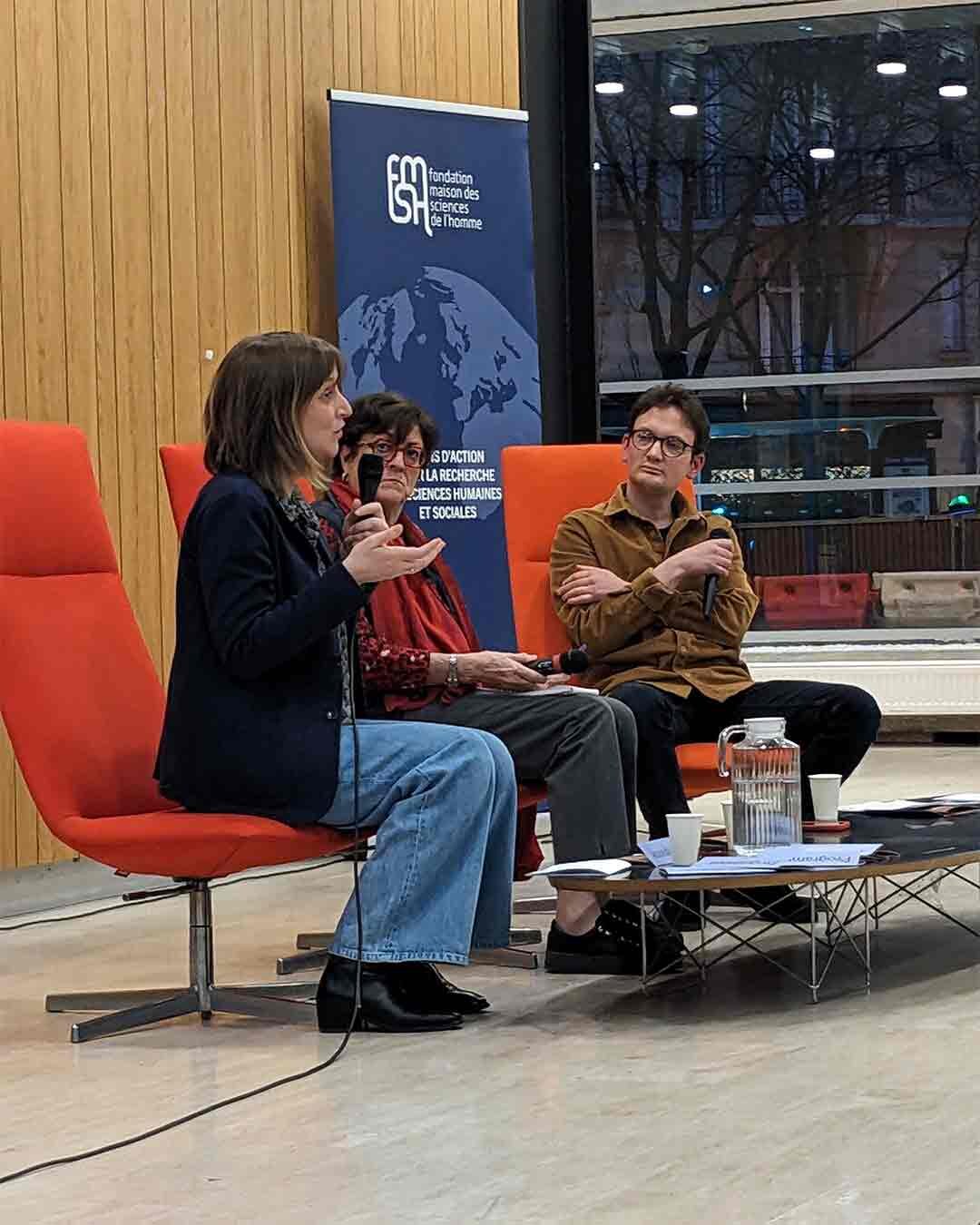
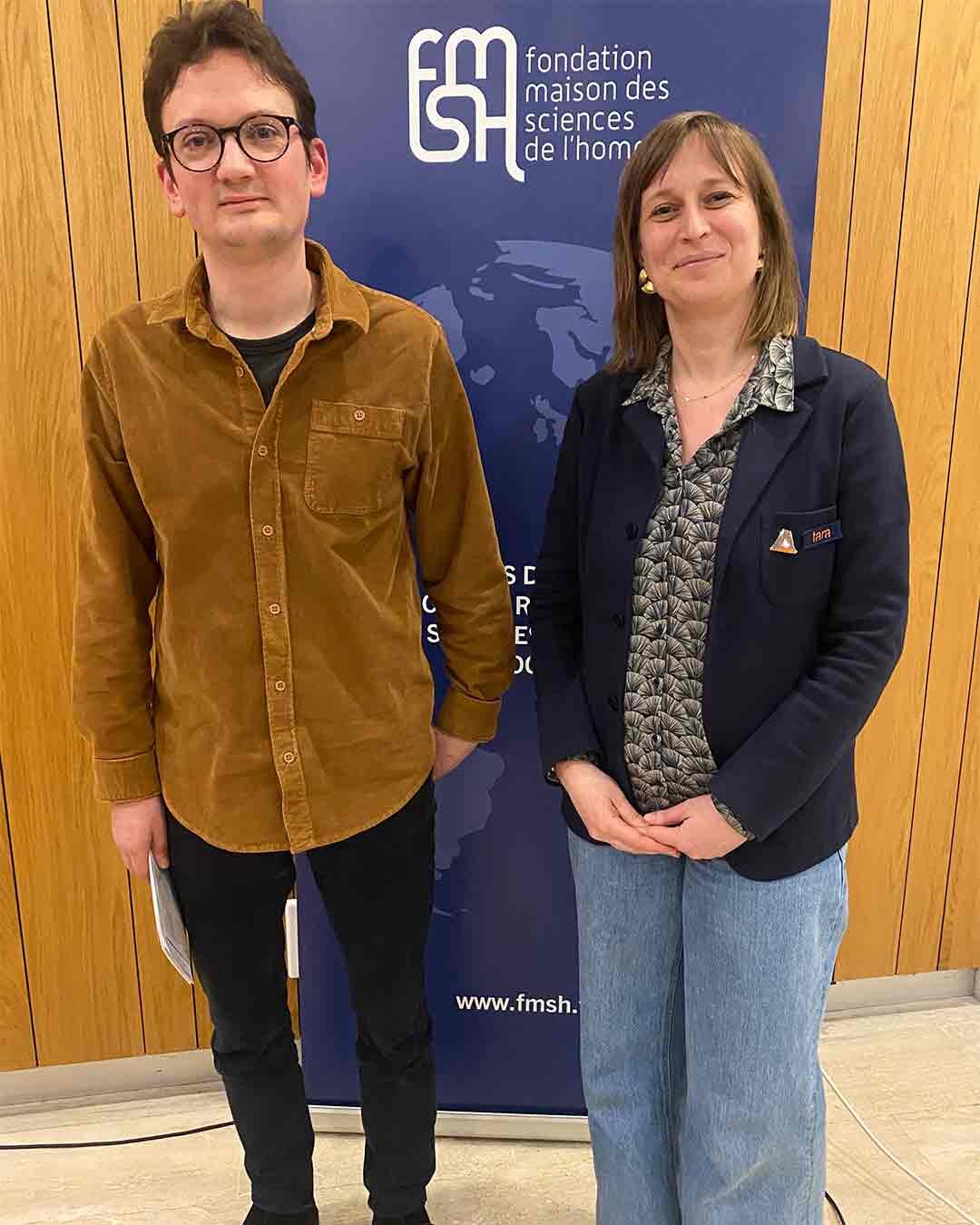
Romain Grancher has a degree and a doctorate in history, and is a research fellow at the CNRS, attached to the Framespa laboratory (Toulouse-Jean Jaurès University/CNRS). A specialist in fisheries, coastal societies and maritime areas, he works at the intersection of environmental history, science and law. Co-president of RUCHE, he has edited several publications in leading journals. His first book, La mer en commun. Une histoire du monde de la pêche par le bas (Dieppe, XVIIIe-XIXe siècle), the result of his thesis, will be published in May 2025 by Éditions de la Sorbonne.
Romy Hentinger is a graduate of the Bordeaux Institute of Political Studies. After starting her career at the French Development Agency (AFD), where she led projects in French Guiana, Suriname and Brazil, she joined the Tara Ocean Foundation in 2016 to manage a scientific cooperation project with developing countries. Since 2022, she has headed the Advocacy and International Cooperation unit, coordinating strategic actions on plastic pollution, the high seas, climate and biodiversity.
Dominique Leglu is a scientist and journalist, and has been editorial director of the monthly science magazine Sciences et Avenir and the quarterly La Recherche since January 2021, having previously been editorial director. She joined the Challenges press group in 2003, and works as an editorial writer for the weekly business magazine Challenges. She also writes for the publisher Bouquins.

Marché du livre marocain : les Éditions de la MSH engagées dans les dynamiques internationales du livre
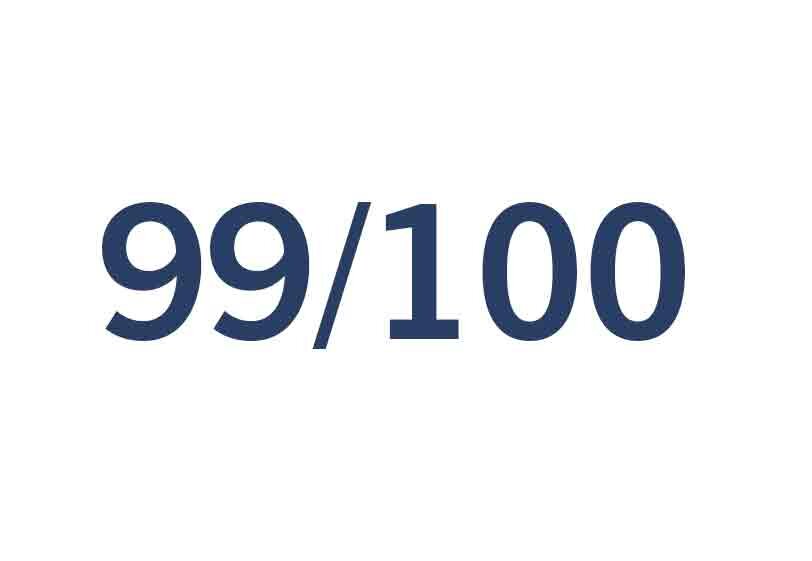
Index de l'égalité professionnelle 2025
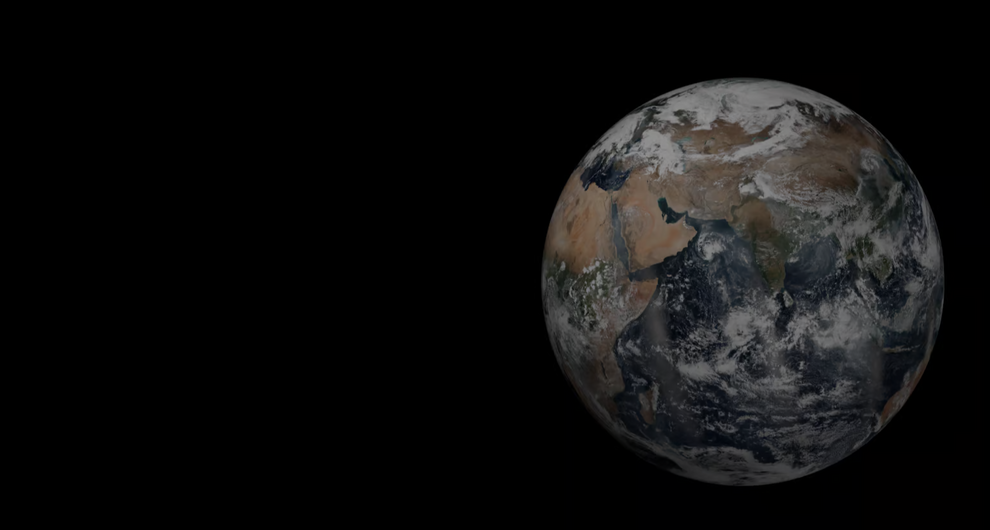
FMSH and the Social Science Research Council Lay the Foundation for International Cooperation
